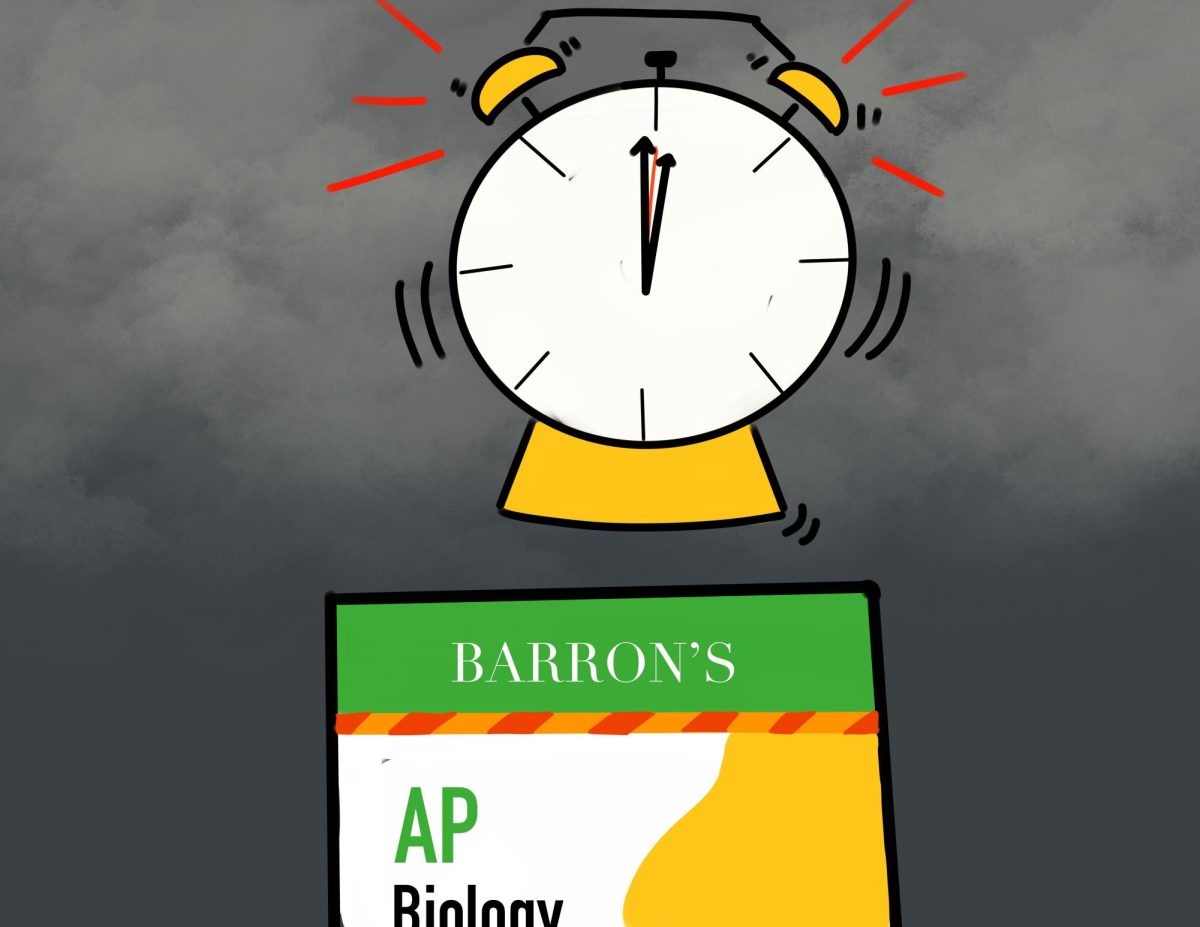Okay, so I admit it. I’ve been known to miss class on occasion for a sporting event or a field trip. And I can attest, it’s a wonderful feeling.
There’s nothing better than pausing in the midst of something more fun than school (which is almost anything) and smugly thinking about all of your peers sitting in class, struggling to stay awake.
However, in spite of the satisfaction that skipping class brings, is it really worth the overwhelming inconvenience you cause your teachers and classmates? I think this question deserves more deliberation than it currently receives.
It’s not that missing class for extra curricular activities should be taboo, but I think a lot of kids are much too careless about their attendance record. All those absences begin to add up, and soon the classroom is half-empty and teachers are being bombarded with students needing to make up homework, classwork, and tests.
Softball is one such sport that causes students to miss class. According to sophomore softball player Mallory Matzen, her teammates can miss up to 2 periods a week. This may not seem like a whole lot, but a few periods here and there can accumulate into a constant flow of extra work for teachers.
Math teacher Ken Ingersoll said he is missing students in his class on a weekly basis. While Ingersoll acknowledges that “to deliver a rich curriculum and a lot of diverse opportunities for students, missing class needs to happen on occasions.” However, he also believes that “it makes for a lot of extra work for the teachers trying to assess their students. Overall, I don’t think it’s necessarily inappropriate, though I do think some of the frequencies of some of the misses are inappropriate, and not fair to the teachers of those students,” he said.
The past several years, the problem has been growing. According to Ingersoll, in his 16 years teaching at Campo, the number of absences due to extra curricular activities has been on the rise. “We have more expectations than we did back then, and more things to do as teachers, and more checks and balances, and that makes it so that when kids miss, it’s more detrimental than back in the day when there was a little less going on for teachers.”

